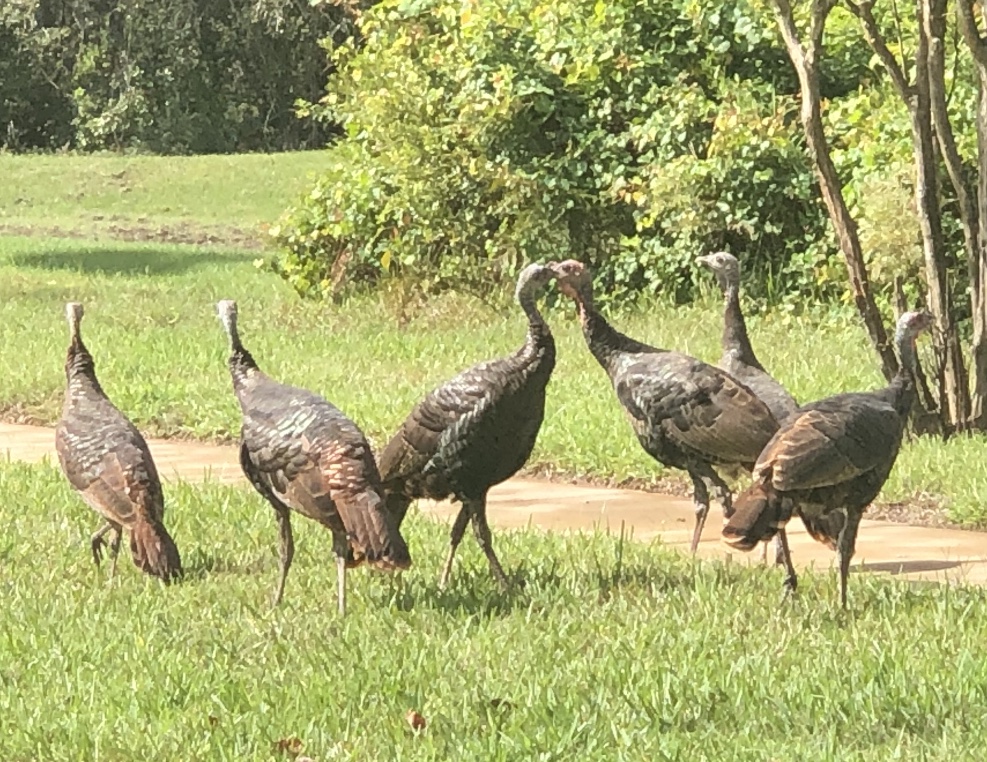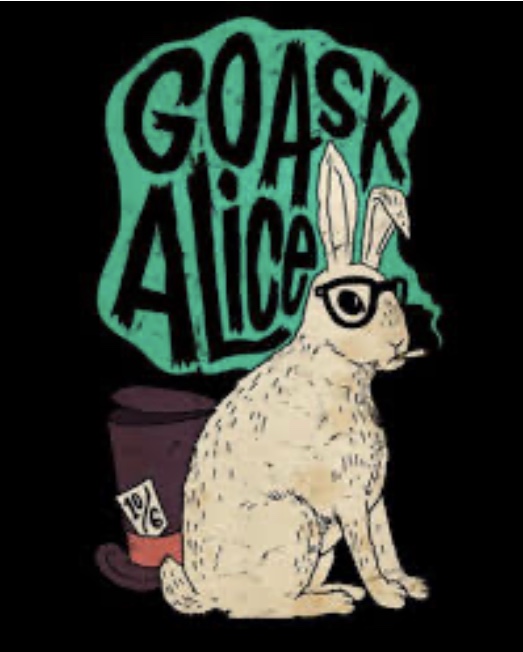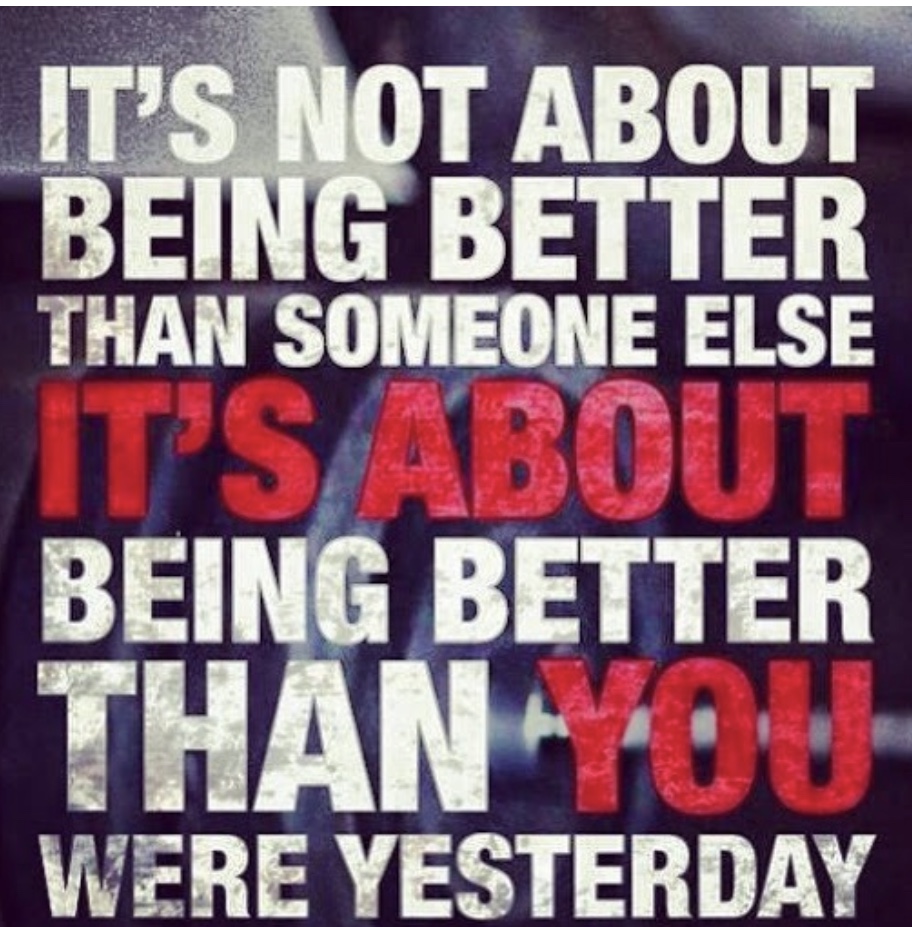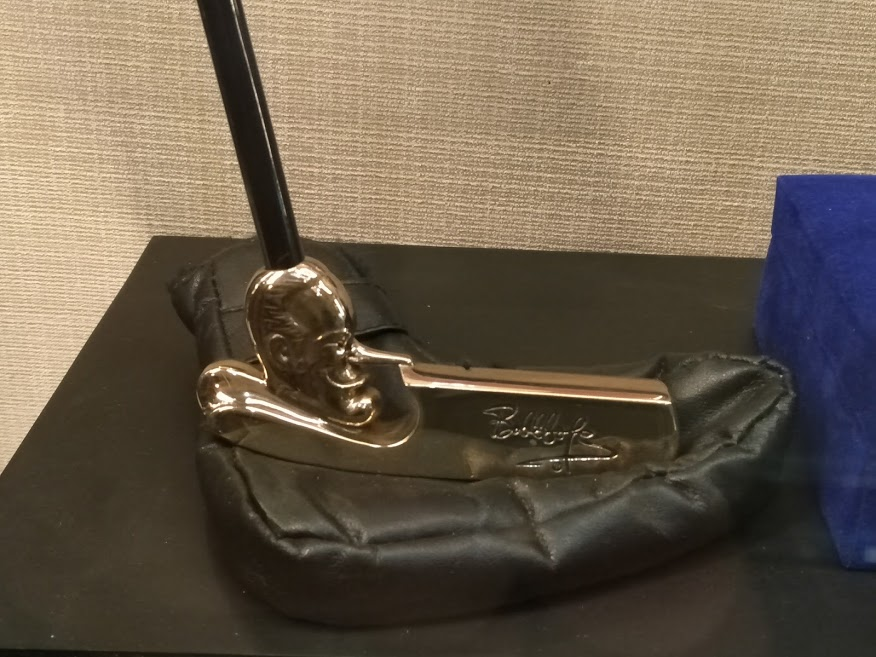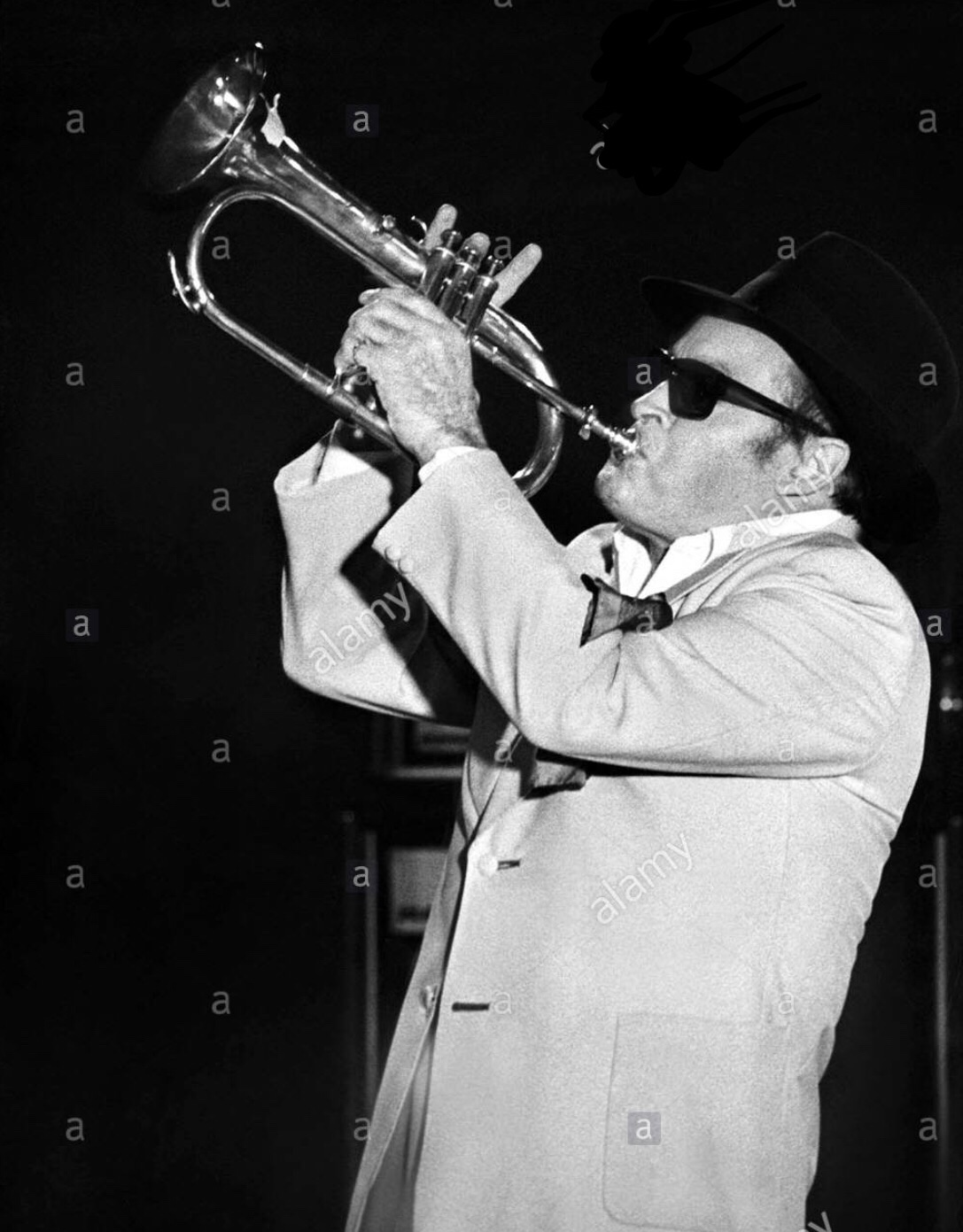The Hotel Bill
The lady decided to give herself a big treat for her 85th birthday by staying overnight in an expensive hotel.
When she checked out next morning, the desk clerk handed her a bill for $450.00.
She exploded and demanded to know why the charge was so high. "It's a nice hotel but the rooms certainly aren't worth $450.00 for just an overnight stay! I didn't even have breakfast."
The clerk told her that $450.00 is the 'standard rate,' so she insisted on speaking to the manager.
The manager appeared and, forewarned by the desk clerk, informed the woman, "This hotel has an Olympic-sized pool and a huge conference center which are available for use."
"But I didn't use them," she said.
''Well, they are here, and you could have," explained the manager.
He went on to explain that she could also have seen one of the in-hotel shows for which the hotel is famous. "We have the best entertainers from the world over performing here," the manager said.
"But I didn't go to any of those shows," she said.
"Well, we have them, and you could have," the manager replied.
No matter what amenity the manager mentioned, she replied, "But I didn't use it!" and the manager countered with his standard response.
After several minutes’ discussion with the manager unmoved, she decided to pay, wrote a check, and gave it to him.
The manager was surprised when he looked at the check. "But madam, this check is for only $50.00."
"That's correct. I charged you $400.00 for sleeping with me," she replied.
"But I didn't!" exclaimed the very surprised manager.
"Well, too bad. I was here, and you could have."

